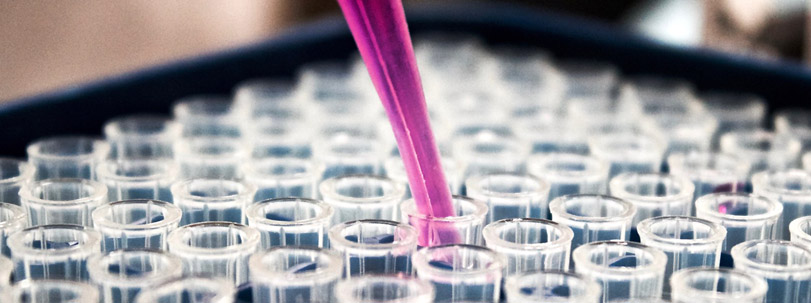Data Collection And Processing In The Health And Education Sectors: An African Perspective

Impact of COVID-19 on service offerings and data processing across health and education sectors in Africa
In Uganda, the Ministry of Education and Sports took measures to encourage and implement learning from home.3 Some educational programs were broadcast on television and radio stations, and academic materials were printed and circulated. In the health sector, the Ugandan government approved more laboratories to conduct COVID-19 testing at border entry points. Digital platforms for testing, tracking and reporting on COVID-19 were adopted by deploying an integrated Electronic Integrated Disease Surveillance Response (eIDSR) tracking system4 at the border districts to control the spread of the virus.
In Senegal, the government closed schools and educational institutions were advised to set up distance education systems. Some television stations also broadcast classes for students every day. At the time, only private schools were able to set up online classes. The Senegalese health sector also witnessed an upsurge in gathering of data as a result of the pandemic.
In South Africa, online classes were primarily available in private schools (as opposed to public schools). In the health sector, there was also a reported significant increase in data gathering due to the pandemic.
In Ghana, a few private pre-tertiary and public tertiary institutions with the requisite facilities organized online classes for students. These schools were, however, in the minority as public schools outnumber private schools. The Ghana Education Service rolled out Ghana Learning TV which is a 24-hour televised classroom channel with content covering kindergarten, primary school, junior high school and senior high school lessons. The health sector also witnessed an increase in personal data collection, particularly COVID-19 related data.
In Nigeria, the lockdown and social distancing regulations issued by the federal government meant that schools had to be closed and physical classes could not be held; however, some private schools were able to adopt online classes to continue teaching students. Different education management and online platforms were adopted and a wide range of personal data was collected and processed to actualize this. Public schools, on the other hand, were to some extent reliant on radio, television and tablets loaded with educational material. In the health sector, institutions like laboratories and hospitals have had to adopt the use of different testing and monitoring applications in their service delivery to patients. As expected, the deployment of technology has involved gathering and processing a significant amount of personal/health data of the patients/data subjects.
Read more in the link here.


